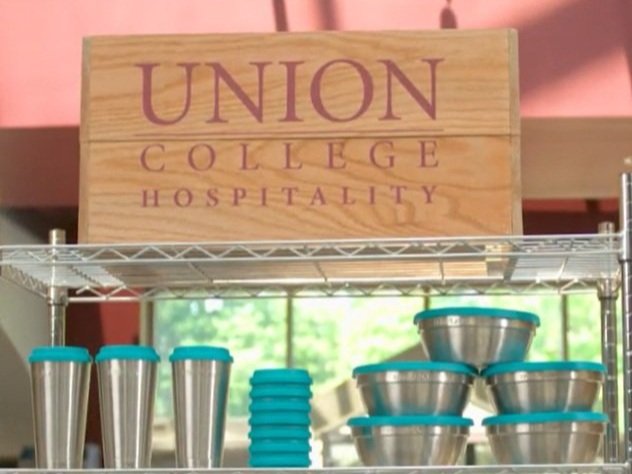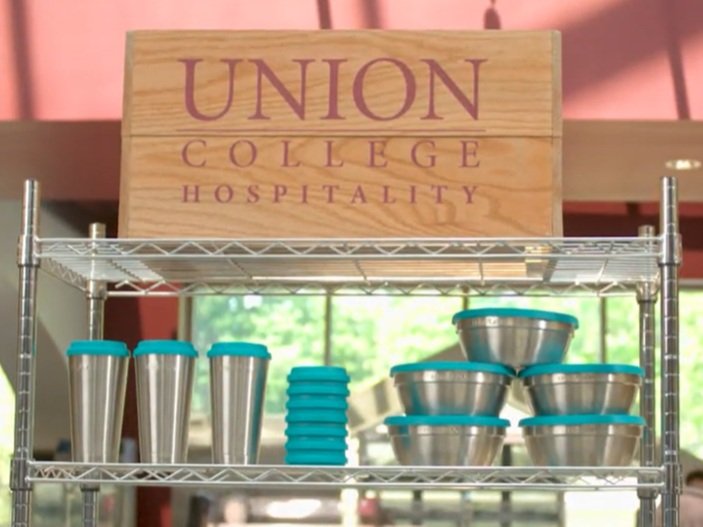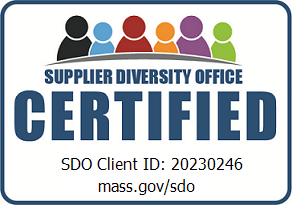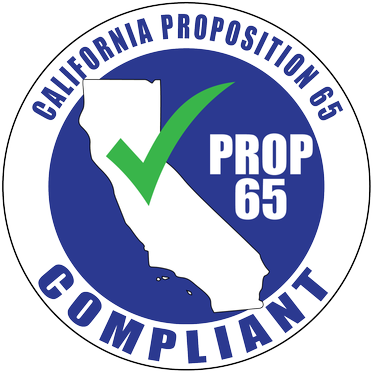On college campuses, students are critical drivers of sustainable change. Students both envision the future of their campuses and advocate for those operational changes to become a reality. These innovation-focused students are creating lasting sustainable impact in their communities, and they represent a wealth of knowledge from which other students can learn.
We interviewed one such student leader – Hailey Stoltenberg of Union College – to learn from her experience around driving impactful change. Hailey was the 2022-2023 Vice President of Sustainability with Union College’s student government, Student Forum, and her advocacy was integral to bringing USEFULL to her college’s dining halls.
Had you advocated for sustainable change on campus prior to USEFULL? What past experiences do you think helped you succeed in advocating for reusable takeout?
Hailey Stoltenberg: For most of my time as VP of Sustainability at Union, I was advocating for better waste disposal education and signage on campus. Because of that work, by the time I was introduced to USEFULL as an option for our campus, I had already had multiple meetings with the dining director to work on Union’s composting program and event signage. Developing relationships with leaders across campus – the Director of Facilities, Sustainability Manager, and Dining Director – gave me the credibility I needed when presenting USEFULL as a realistic and practical way to reduce waste for our campus. Many administrators are a little wary about student initiatives since students are around for four years then move on, but because I had formed professional relationships with these leaders, I think they were more open to entertaining my ideas.
What made you want to advocate for reusable takeout on campus?
H.S.: As a student involved in sustainability on campus, one of my main concerns was our reliance on single-use containers following COVID. Students really loved being able to take their meals to go, either to eat outside or to their dorms, and we didn’t have a good option to eliminate that waste. Food waste is another big problem on college campuses, so these issues were on my mind when meeting with the USEFULL team about their product.
Why did you advocate for USEFULL in particular?
H.S.: What really makes USEFULL stand out from other reusable container solutions for college campuses is (1) the containers are stainless steel while most other options are plastic, and (2) it’s a trackable system, so students can be held accountable if they don’t return the bowl. And students can see their impact on the environment in the app. What was really cool to me was that USEFULL made sense both in terms of environmental impact AND cost savings for the college.
How did collaboration with other students play into the approval process?
H.S.: While Union’s Dining Director, Tim Forte, and Dean of Students, Matt Milless, were almost immediately on board to bring USEFULL to campus, we wanted to bring the possibility up to Student Forum, Union’s student government. I arranged for USEFULL CEO Alison Cove to speak to Student Forum to explain USEFULL and how it could benefit our community. After the meeting, students were really intrigued to try it for themselves, so USEFULL shipped us a few of their products to test out. Seeing the containers in action helped students understand the quality of the products and how the program could be implemented.
Obviously, being a part of several sustainability groups on campus, I had a vested interest in having USEFULL succeed. I didn’t necessarily expect other students to share the same enthusiasm, but I was thrilled when Student Forum voted unanimously to bring USEFULL to campus.
Were you involved in the funding process for USEFULL? If so, how did the funding process work?
H.S.: I was not involved in the funding process. Luckily, the Dining Director at the time believed in USEFULL so much that he wanted to work it into the budget instead of relying on student grants.
What advice do you have for other students who are trying to implement sustainable changes on campus?
H.S.: My biggest piece of advice to students trying to make a difference on campus, especially related to sustainability, is to be persistent but respectful, and ambitious but realistic. While of course I wanted Union to be as sustainable as possible, a lot of solutions are very expensive. I tried to focus on things I could change within my four years without much cost, but for bigger projects I think it’s best to try to meet with higher-ups and form a long-term plan. Small wins are still wins!
Today, a year after Union College first launched reusable takeout, USEFULL is an established part of students’ routines, and the college community has kept more than 15,000 containers out of the waste stream.
Hear from others at Union College about their experience with USEFULL in this short video.







